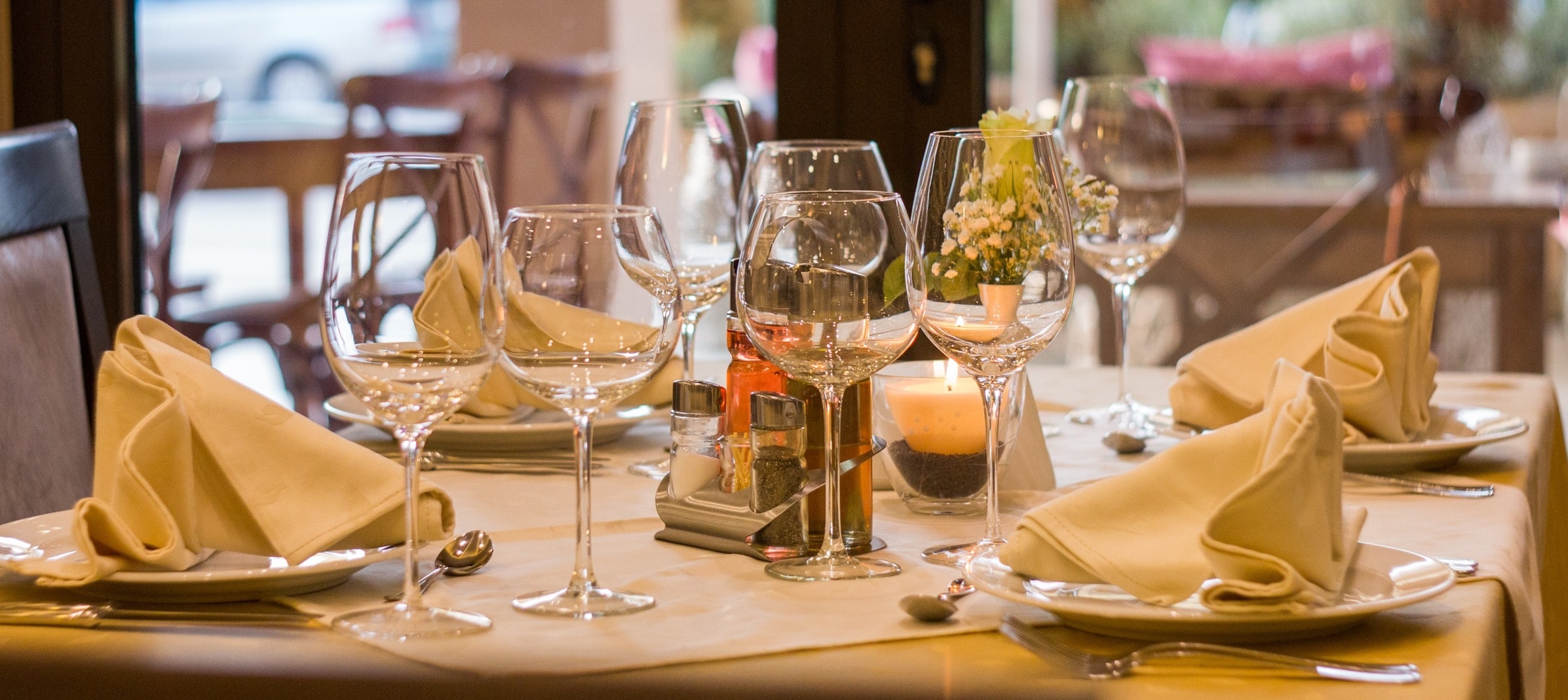
Walk Outs At Wahaca
A couple of weeks ago, Twitter lit up with a storm centring around the Kentish Town branch of Wahaca. While eating out at the Mexican restaurant, Sarah Hayward, leader of Camden Council until 2017, witnessed the waiter get the blame when the people on the table next to hers got up and left without paying. Shortly afterwards, Hayward tweeted out her disgust at the ‘company policy’ which forced the server to foot the bill, @ing the founder of the restaurant, Thomasina Miers. In response, the former Masterchef winner tweeted that this was only Wahaca’s policy in cases of ‘total negligence’, pointing out, in addition, that in this instance the waiter had only been charged £3.
Dealing with the PR backlash, Wahaca cancelled the £3 charge to the waiter and publicly changed their policy, clarifying on their website that: only if the manager suspects the server is ‘complicit’ in the walk-out, and only after a full investigation by the Operations Manager will ‘appropriate action’ be taken against a member of waiting staff.
What Happens Next?
There is a chance that this PR crisis may end in a way similar to the one we all remember back in 2015, when there was a public outcry after it became known that many High Street chains routinely took a cut of service charges when they were paid by card. That public outcry resulted in a law change which means that chains are now no longer able to take a cut of the tips meant for waiting staff.
Perhaps now is the time for another law change, or for the founding of a new union for waiting staff, or for regulating bodies to step in to ensure that workers’ rights are being respected across the industry.
Any of these would be a result many would hope for: the idea of docking workers’ pay for the wrongdoing of customers would horrify the majority of foodservice business-owners, including the owners of most chains. Most of us hope that the practice remains uncommon.
However, there is also a chance that the mass media coverage of the incident at the Kentish Town branch of Wahaca could lead to the policy becoming normalised: a Twitter storm can only last so long and, once it has blown over, many more restaurants may introduce similar policies without causing much of a stir.

Some cynical chain restaurants may even find the policy more useful now that it is public knowledge. Public opinion tends to take the side of the underdog: it did in 2015, when the majority of people sided with the waiters whose tips were being taken by High Street Chains, and it has in this case, too, as Wahaca was quickly condemned on Twitter following Sarah Hayward’s tweet. The chain may remember this fact and think that the policy of punishing waiters could deter the devious minority of customers who dine and dash: those customers, members of the public, might be less willing to steal the night’s earnings from their lovely waiter than from the wealthy business owner who they believe won’t miss the price of a single meal.
It is important, then, that we keep the conversation going, and ensure that…
Harsh Walk-Out Policies Are Never Normal
We’ve got to remember that the policy aims to deal with a very unlikely incident. Customers only very rarely walk out of the restaurant without paying. It is even rarer for waiting staff to be, in Wahaca’s words, ‘complicit’ in the walk-out.
Yet the policy leaves a threat hanging over the heads of waiting staff, which could prove disastrous for the atmosphere of the individual restaurant, lowering morale and increasing the likelihood of tension between waiting staff and customers and indeed, waiting staff and management. From decor and setting to waiting staff uniforms and service, all elements come together and contribute to the overall experience. The atmosphere, whether you are a chain restaurant or the unique, independent local, is a big part of what people pay you for and any source of tension could devalue the experience you are trying to create.
Consequences for the Wider Hospitality Industry

Such policies aren’t only bad for individual businesses. If a minority of restaurants routinely punish waiters for the crimes of customers, they risk casting a long shadow over the entire industry. Many are already discouraged from seeking jobs in restaurants because of the widespread belief that those jobs consist of long hours and low pay. Even more will be discouraged if they know that, through no fault of their own, they might end up losing their night’s wages entirely because of someone else’s actions.
For the sake of the industry, if not for their own business, no restaurant should even think of punishing its waiting staff for walkouts. While keeping a keen eye on the profit margin is always a good idea, going too far to make up losses is not. The focus of any restaurant must always be on its primary purpose: to provide a great place to eat great food prepared with premium catering equipment.
